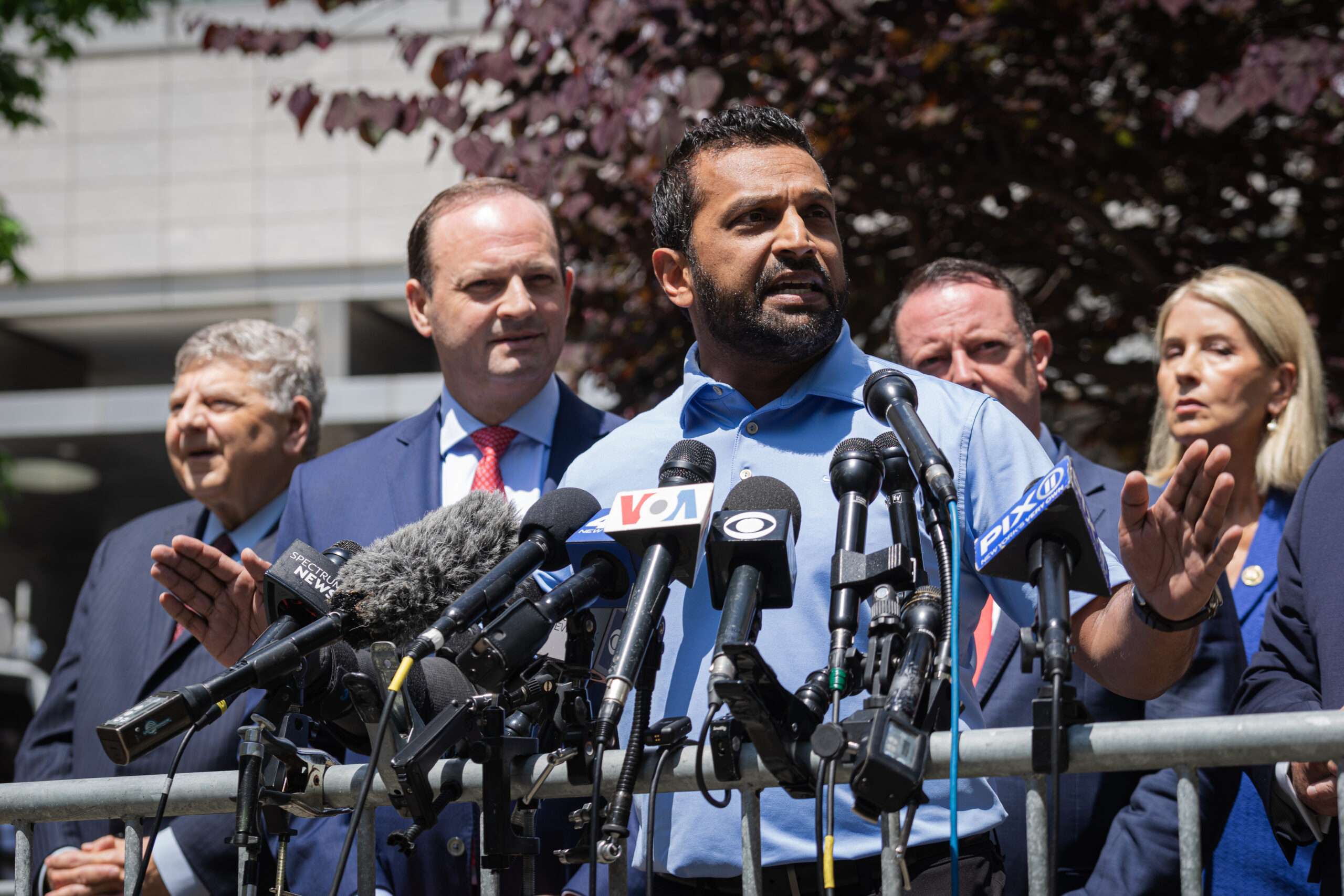Kash Patel and Massad Boulos: A Dismissal of Neocon Labels for Trump Appointees
In the wake of President-elect Donald Trump’s national security nominations, a clear distortion of the traditional foreign policy landscape is emerging. Early appointments featured individuals who align with a neoconservative agenda reminiscent of the post-9/11 era, characterized by a belief that military intervention can solve most global dilemmas. However, recent appointments suggest a shift towards policies that could challenge the prevailing approach to the War on Terror, particularly through the selections of Kash Patel and Massad Boulos. Patel, a former Pentagon official, is appointed to lead the FBI and brings with him ambitions to dismantle the nation’s extensive surveillance apparatus, while Boulos, having deep ties in Lebanon and Arab affairs, hints at a potential pivot towards constructive engagement in a historically tumultuous region.
Kash Patel’s selection as FBI director underscores a critical ideological shift regarding surveillance and civil liberties. His background as a congressional staffer involved in drafting the controversial “Nunes memo,” which criticized the FBI for overreach in its surveillance practices, reveals his skepticism of the current intelligence establishment. Patel has expressed a need for substantial reforms to the Foreign Intelligence Surveillance Act (FISA), which has come under scrutiny for its perceived leniency towards government surveillance abuses. He advocates for measures that introduce more oversight, including appointing public defenders and national security lawyers to ensure accountability and balance in the FISA court’s proceedings. These initiatives reflect a desire to reestablish civil liberties and challenge what he views as a disjointed and partisan FBI.
Contrasting Patel’s hard-line stance on surveillance is Massad Boulos, who expertise and familial connections in the Middle East could facilitate new diplomatic endeavors. With his Lebanese roots and a complex political career that spans various affiliations, Boulos offers a uniquely adaptable perspective on Middle Eastern politics. His lack of partisan loyalty within Lebanon adds a layer of intrigue to his anticipated role as a senior adviser on Arab affairs. Boulos’s ability to traverse relationships with various factions, including Hezbollah and the Lebanese Forces, enhances his potential to act as a crucial intermediary in dialogues that could reshape U.S. involvement in the region and contribute to stability in fragile geopolitical landscapes.
The significance of Boulos’s connections is further highlighted through his interactions with key regional leaders, such as Palestinian Authority President Mahmoud Abbas. Boulos’s informal yet potentially impactful communications with Abbas before his official appointment suggest he could serve as a bridge between the Trump administration and various Arab factions. By asserting Trump’s interest in de-escalating conflicts, particularly in Gaza, Boulos’s role could signal a pragmatic shift for an administration that has often been characterized by aggression rather than diplomacy in foreign engagements. His appointment is a crucial step towards reconciliation and understanding in an oft-divisive political arena.
Contrary to expectations, Trump’s national security picks reveal a blend of contrasting ideologies within his administration. While Michael Waltz, designated as National Security Adviser, has an aggressive agenda regarding Syria, positioning himself to support regime change, Tulsi Gabbard, appointed as Director of National Intelligence, emphasizes the importance of maintaining relations with non-hostile regimes, specifically noting that Syria is not inherently an enemy of the U.S. This juxtaposition raises critical questions about the coherence of Trump’s foreign policy and whether it leans more towards interventionism or a more diplomatic stance. The contrasting approaches highlight the complexities leaders face when attempting to navigate domestic and international pressures.
Overall, the appointments of Kash Patel and Massad Boulos suggest that President Trump is beginning to carve a path that may diverge from the entrenched post-9/11 national security paradigm. While still heavily influenced by traditional hawkish elements, the administration shows signs of embracing reformist ideas that advocate for civil liberties and potential peacebuilding. These selections illustrate a critical moment in U.S. foreign policy, one where there is an opportunity to reassess foundational beliefs about military engagement and government transparency. By attempting to marry different perspectives within his administration, Trump’s picks serve as a harbinger of changes across the national security landscape.
In conclusion, the dynamic nature of Trump’s national security team encapsulates the ongoing tension between neoconservative legacies and new pragmatic approaches to both domestic surveillance and foreign diplomacy. As Patel pushes for rehabilitation of civil rights amidst concerns over government overreach and Boulos demonstrates potential for diplomatic engagement with historically marginalized factions, the administration may offer an unconventional yet transformative vision for U.S. involvement both at home and abroad. Ultimately, these selections elevate the importance of personnel in shaping policy, indicating that Trump’s leadership may not be strictly defined by past conventions as he navigates the complexities of global and national security.
Share this content:












Post Comment